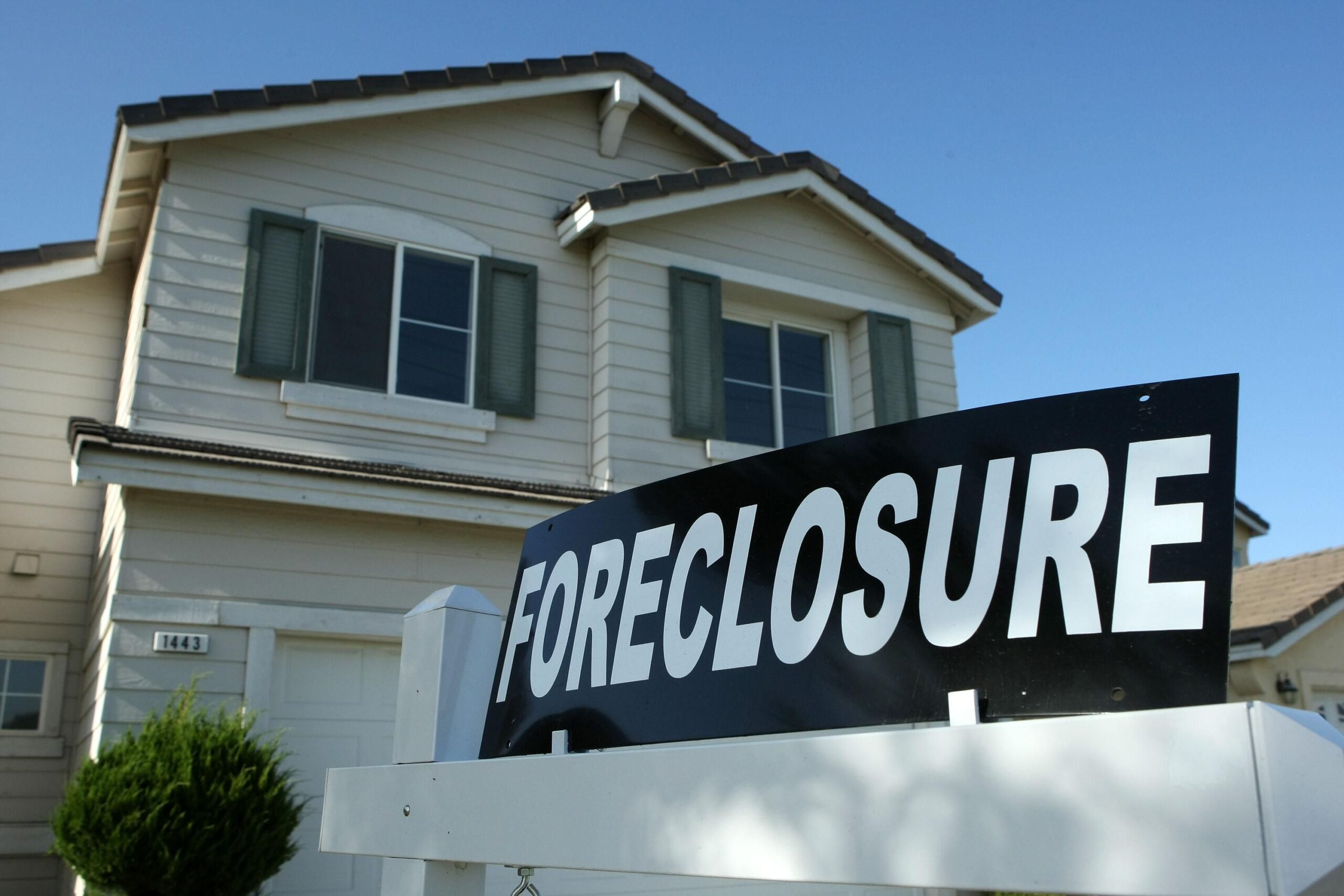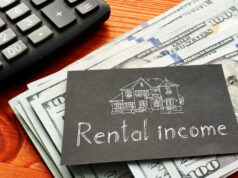It is quite possible that a homeowner may be hit with an unforeseen financial crisis due to which their mortgage loan payments might be affected. Once the loan payments stop coming in, the home is soon entered into a foreclosure state which means that the ownership of the home is transferred to the lender.
Foreclosure is a legal process in which usually the lender tries to make settlements with the borrower during the initial stages in order to avoid further complications and return back the ownership. However, on an average the borrower only has 673 days for the foreclosure process to take in action which varies according to states to sort things out with the lender and make their duly payments.
In case they fail to cooperate, the bank or the lender soon issues an eviction notice to the buyer and attempts to sell off the mortgaged property to recover their money.
Understanding Foreclosure
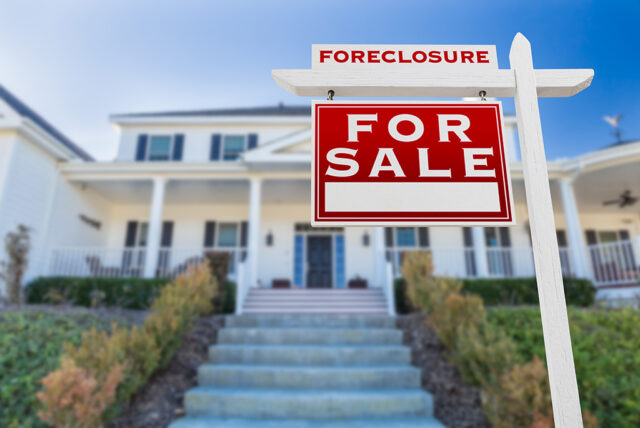
No homeowner would want to experience a foreclosure in their lifetime, but such cases are pretty common to come over with. The main reason for it is due to lack of payments on the mortgage loan, however it can also happen if the homeowner fails to comply with the terms on their mortgage documents. Other reasons when a house may fall under foreclosure include:
- Unforeseen medical expenditures
- Laid off from employment
- Divorcereal
- Housing market crash
- High costs of home’s maintenance
- Natural disasters
The foreclosure process is initiated when the homeowner defaults at least one payment for their home. The lender issues a missing payment notification to the lender to remind them for the payment. After two missed payments, the lender issues a demand letter for the borrower asking them to immediately clear their dues.
Once 90 days of missed are completed, the bank or lending institute transfers the case to the foreclosure department after which the borrower has another courtesy 90 days to clear their dues before the home enters into foreclosure.
Avoiding Foreclosures

It is always recommended for homeowners to make their settlements on time and make duly payments, however in case they do come across financial constraints and miss a few payments, there are a few ways to make up for the dues such as:
- Mortgage Refinancing: This is a strategy incorporated by homeowners for a number of benefits including avoiding foreclosure problems. A mortgage refinancing can be used to take another loan for their home that may help reduce the interest rate as well as increase the tenure of their loan with smaller payments.
- Special Forbearance: Financial hindrances are realistic and can happen to anyone. No one likes to purposefully get into financial problems and lose their home. That is why banks and other lending institutions understand individual’s situations if they present valid reasons for their missing payments and may allow the borrower to temporarily suspend their payments.
- Reinstatement: Borrowers are given a courtesy period (usually of 90 days) to make up for their missing dues and penalties in order to avoid foreclosures and return back on track
Should You Invest in a Foreclosed Property

Depending on the state, a lender may need to visit the court in order to get permission to foreclose a property which is auctioned off a local sheriff auction once the property is declared foreclosed and is sold to the highest bidder. The bank or lender may also choose to sell the property in the more traditional way by listing it with a realtor.
Now here comes the good part, nowadays it has become easier than ever to find a foreclosed property for sale in online real estate searches, real estate brokers, multiple listing services (MLS), bank offices and in different sheriff bid sales.
Potential homeowners are likely to bag exceptional deals on real estate properties that are declared foreclosed as banks or lenders are more keen to recover their money instead of earning on them. The savings on foreclosed properties also depends on which stage of foreclosure the property stands on. Here are some of the types of foreclosures you should keep in mind.
1. Pre Foreclosure
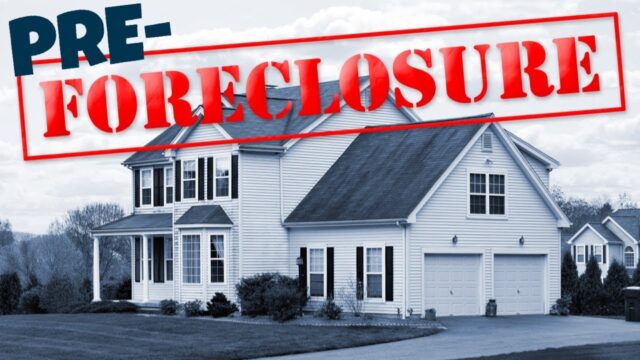
Homeowners have the option to offer their property for sale once the lenders have given the initial notifications for due payments. If the homeowners are able to sell their property before the foreclosure period has ended, they may be able to avoid the adverse complications and legal proceedings of foreclosure as well as save their credit history. In such cases homeowners are more willing to negotiate on the value of their property in order to quickly get rid of it even if they have to take a huge loss on their investment.
2. Short Sales
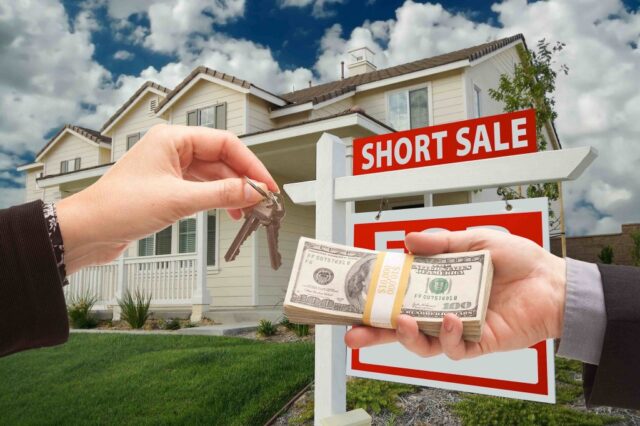
Short sales are more likely to occur when the housing market crashes and properties drastically lose their value. In such cases, the borrowers may convince the lenders to sell their properties for less than what they initially owed them.
A short sale may take place even if the borrower is not a defaulter, however they may have to provide some evidence of financial constraints that may cause a future default. Such properties are also listed publicly under short sales and people can make great savings on such properties.
3. Sheriff Sales
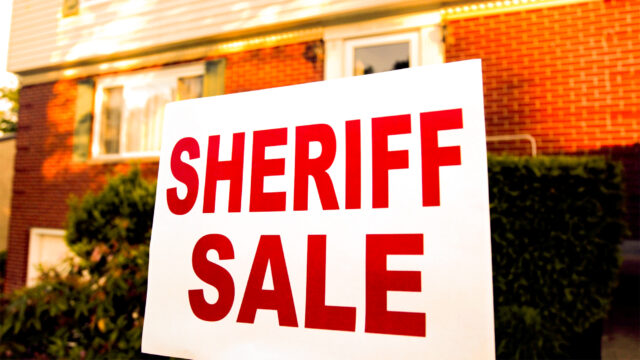
A sheriff sale is an auction that takes place once a property is declared foreclosed and the borrower is unable to clear their dues in the grace period. These auctions offer exceptional offers on real estate properties and prices completely depend on how competitive the bidders are.
The Bottom Line
What makes foreclosed properties such a steal? Well the dead low prices on foreclosed properties are one of the main factors that make them so attractive for buyers and investors. You can find deep discounts on foreclosed properties as compared to other properties in the same locality.
Depending on the type of foreclosure, buyers may also be given ownership of any and everything on the property in case they fail to unload their belongings on time and the property is seized. While that may sound cruel for the previous owners, new potential buyers can definitely take advantage of this and become legally obligated owners of someone else’s belongings.
On the downside, there are certain risks involved in foreclosed homes as well as they are given in an as is condition so there are high chances that the property may be damaged to which the previous owners are not obligated to get repaired. Taking over a foreclosed home is also a slow and a little more complicated process as compared to buying a normal property and you may have to fill in some hidden costs and taxes during the paperwork.
Hence if you really are considering buying a foreclosed home, it’s better that you conduct a thorough research to understand the pros and cons of foreclosed properties. You also have the option to take a short and easy Real Estate course from a reliable online website such as fortuneacademy.com in order to develop an in depth understanding of the foreclosure concept and make huge savings on such properties.

